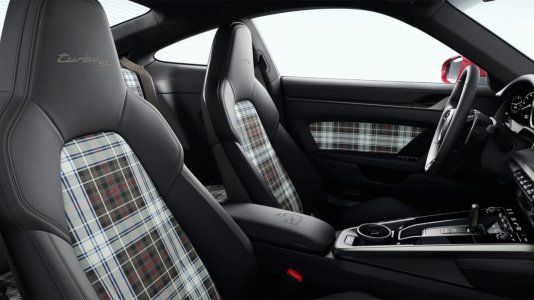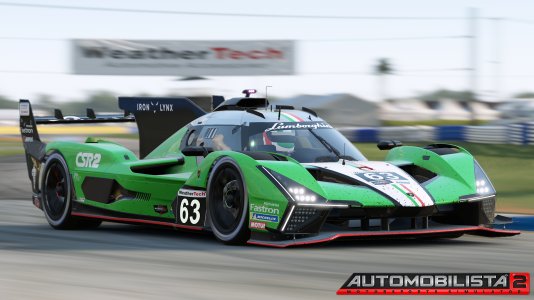Politically imposed future, yep, stemming from the same corporate greed. If CO2, considered food by everything that has leaves, has become the new devil, let's see how it measures up.
According to the authors of the report, the production of lithium-ion batteries for light electric vehicles releases on average 150-200 kilos of carbon dioxide equivalents per kilowatt-hour battery. One of the smallest electric cars on the market, Nissan Leaf, uses batteries of approx. 30 kWh; many new models have batteries of 60 and 100 kWh. An electric car with a 100kWh battery has thus emitted 15-20 tons of carbon dioxide even before the vehicle ignition is turned on.
This study is from Sweden, one very electric car friendly country. More from Sweden:
An increase in government grants sent sales of electric cars surging by 253% in the first five months this year, but the rally could be over before it’s really started. Demand for electricity in Stockholm and other cities is outgrowing capacity in local grids, forcing new charging networks to compete with other projects from housing to subway lines to get hooked up.
Who would've thought?
Mining and processing the lithium, cobalt and manganese used for batteries consume a great deal of energy. A Tesla Model 3 battery, for example, represents between 11 and 15 tonnes of CO2. Given a lifetime of 10 years and an annual travel distance of 15,000 kilometres, this translates into 73 to 98 grams of CO2 per kilometre, scientists Christoph Buchal, Hans-Dieter Karl and Hans-Werner Sinn noted in their study.
10 years?
The CO2 given off to produce the electricity that powers such vehicles also needs to be factored in, they say. When all these factors are considered, each Tesla emits 156 to 180 grams of CO2 per kilometre, which is more than a comparable diesel vehicle produced by the German company Mercedes, for example.
***
I've worked for close to a decade for one of the biggest car producers and can vouch for patents being kept under wraps when the decision to kill diesel development came.
Articles cited (no blogs, unfortunately):
https://www.bloomberg.com/news/articles/2018-10-16/the-dirt-on-clean-electric-cars
https://www.thegwpf.com/electric-vehicles-emit-more-co2-than-diesel-ones-german-study-shows/
https://www.ivl.se/english/startpag...print-of-electric-car-battery-production.html
According to the authors of the report, the production of lithium-ion batteries for light electric vehicles releases on average 150-200 kilos of carbon dioxide equivalents per kilowatt-hour battery. One of the smallest electric cars on the market, Nissan Leaf, uses batteries of approx. 30 kWh; many new models have batteries of 60 and 100 kWh. An electric car with a 100kWh battery has thus emitted 15-20 tons of carbon dioxide even before the vehicle ignition is turned on.
This study is from Sweden, one very electric car friendly country. More from Sweden:
An increase in government grants sent sales of electric cars surging by 253% in the first five months this year, but the rally could be over before it’s really started. Demand for electricity in Stockholm and other cities is outgrowing capacity in local grids, forcing new charging networks to compete with other projects from housing to subway lines to get hooked up.
Who would've thought?
Mining and processing the lithium, cobalt and manganese used for batteries consume a great deal of energy. A Tesla Model 3 battery, for example, represents between 11 and 15 tonnes of CO2. Given a lifetime of 10 years and an annual travel distance of 15,000 kilometres, this translates into 73 to 98 grams of CO2 per kilometre, scientists Christoph Buchal, Hans-Dieter Karl and Hans-Werner Sinn noted in their study.
10 years?
The CO2 given off to produce the electricity that powers such vehicles also needs to be factored in, they say. When all these factors are considered, each Tesla emits 156 to 180 grams of CO2 per kilometre, which is more than a comparable diesel vehicle produced by the German company Mercedes, for example.
***
I've worked for close to a decade for one of the biggest car producers and can vouch for patents being kept under wraps when the decision to kill diesel development came.
Articles cited (no blogs, unfortunately):
https://www.bloomberg.com/news/articles/2018-10-16/the-dirt-on-clean-electric-cars
https://www.thegwpf.com/electric-vehicles-emit-more-co2-than-diesel-ones-german-study-shows/
https://www.ivl.se/english/startpag...print-of-electric-car-battery-production.html
Last edited:









